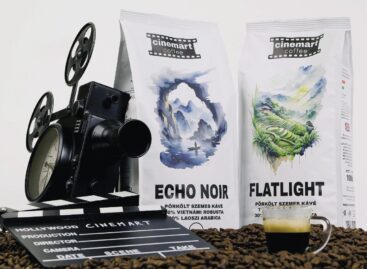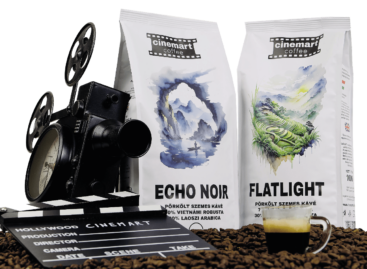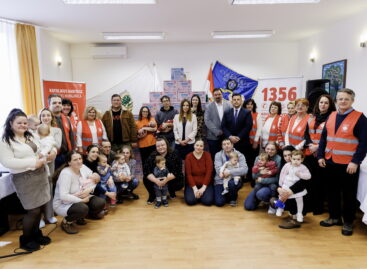Specialty coffee: a new wave in the cup
After crude oil, coffee is the second most traded product in the world – and it’s not just a source of caffeine, but a part of our everyday social life. In Hungary, 78% of the adult population drinks coffee daily, and 60% consume it twice a day. While many still prefer the traditional dark-roasted Italian-style coffee, more and more people are turning to so-called specialty coffee, which stands for conscious choices, quality, and craftsmanship – reports mfor.hu.
What is specialty?
 The specialty coffee movement started around the turn of the millennium in the United States and Australia. The goal was not only better-tasting coffee but a complete shift in quality mindset: premium beans, precise roasting, the composition of water, advanced equipment, and the expertise of baristas all elevate the experience. The first specialty coffee shops opened in the Seattle, Melbourne, and Sydney areas, later followed by London, Amsterdam, and the Nordic capitals. The trend reached Hungary around 2012–2013.
The specialty coffee movement started around the turn of the millennium in the United States and Australia. The goal was not only better-tasting coffee but a complete shift in quality mindset: premium beans, precise roasting, the composition of water, advanced equipment, and the expertise of baristas all elevate the experience. The first specialty coffee shops opened in the Seattle, Melbourne, and Sydney areas, later followed by London, Amsterdam, and the Nordic capitals. The trend reached Hungary around 2012–2013.
Craft coffee – more conscious consumption
Specialty coffee is typically roasted lighter to highlight, rather than mask, the original flavor notes of the beans. Fruitiness, acidity, varietal character, and terroir all become perceptible when properly brewed – and water quality and brewing technology are also key factors. Hungarian specialty cafés now offer beans from exotic origins such as Burundi, El Salvador, or Kenya. The development of the barista profession, international competitions, and the spread of coffee culture have all contributed to Hungarian consumers becoming increasingly discerning.
From simple espresso to frappuccino – evolving coffee habits
Classic espresso culture has transformed. Frappuccinos topped with whipped cream, syrups, and flavorings are just as popular as americanos or freshly ground and brewed black coffee made at home. Scandinavian tourists, for example, prefer simple, long coffee drinks, while younger Hungarian generations more often make conscious choices based on the origin and character of the coffee. It’s not uncommon for consumers to seek out beans from Ethiopia or Colombia, and Guatemalan, Costa Rican, or Brazilian varieties are also increasingly widespread.
Coffee culture as experience and identity
Today, specialty coffee is not just a drink but an experience and a lifestyle. More and more chains and independent cafés are shaping their offerings accordingly – such as Madal, where customers can choose from 25 different single-origin coffees. The growing demand for quality and mindfulness is reshaping Hungarian coffee culture: coffee is no longer just about caffeine intake, but also about conversation, ritual, and personal preference. In this world, specialty is the new black.
Related news
Experience instead of routine
🎧 Hallgasd a cikket: Lejátszás Szünet Folytatás Leállítás Nyelv: Auto…
Read more >









